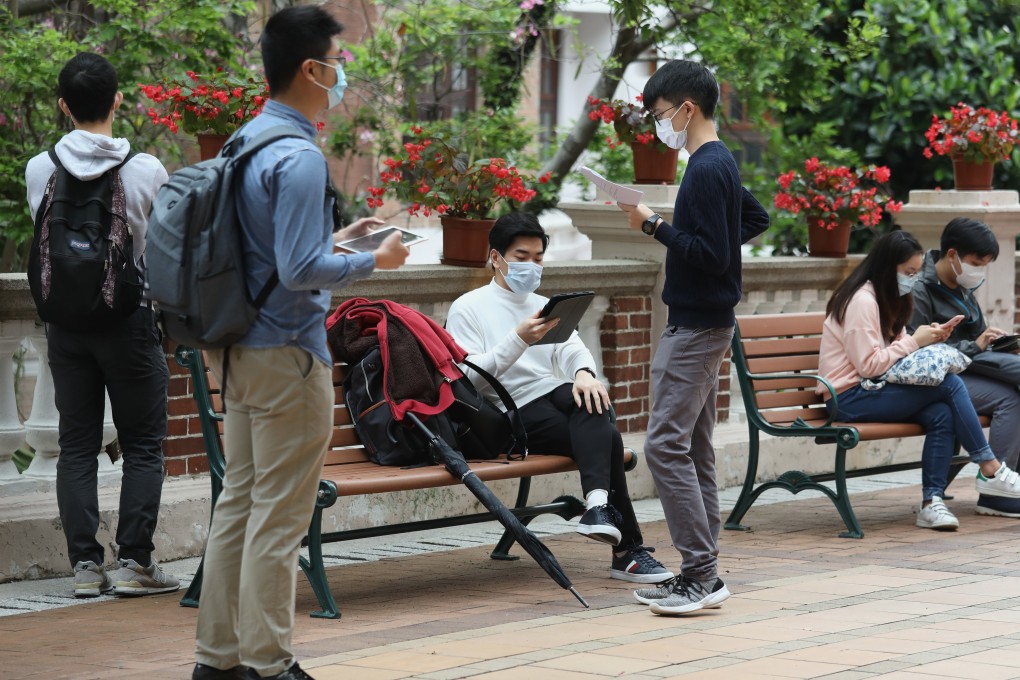Coronavirus has dealt class of 2020 a bad hand, but China’s class of ’77 offers an encouraging lesson
- While graduating in a recession year can hit earnings and career prospects, life eventually rights itself, as the experience of the first batch of Chinese university students who graduated after the Cultural Revolution shows

Frankly, it is not a good moment for most families – as I was reminded this week, sharing farewell drinks with a long-serving Cathay Pacific pilot friend whose once secure future has crumbled around him and his family. This pandemic-induced recession is set to wreck millions of lives in countries across the world.
But I still feel a special sense of pain for our precariously poised students, in particular those graduating from university or college this year, as they try to secure that first tentative toehold in the working world.
Perhaps the empathy comes from my own traumatic memories as a student in the middle of recession-ridden Britain in the early 1970s. I remember walking awkwardly past the young street sleepers in freezing cold London doorways and shivering at the thought that this might be my plight at some point in the future.

03:51
Hong Kong secondary students learn online amid coronavirus fears
